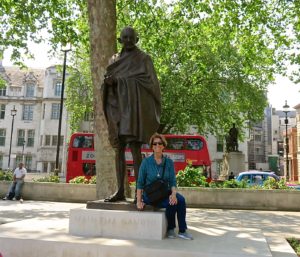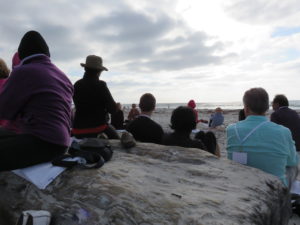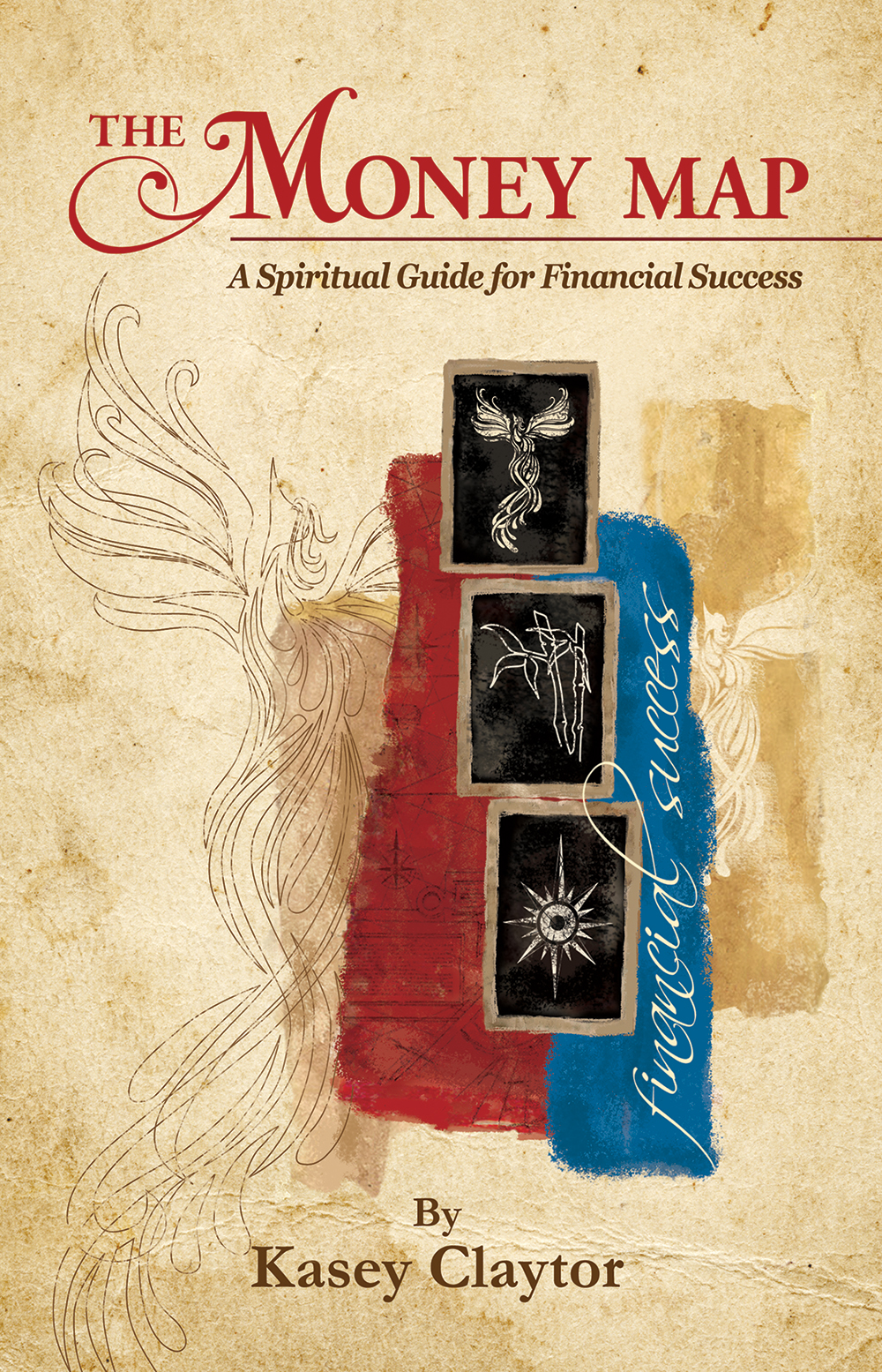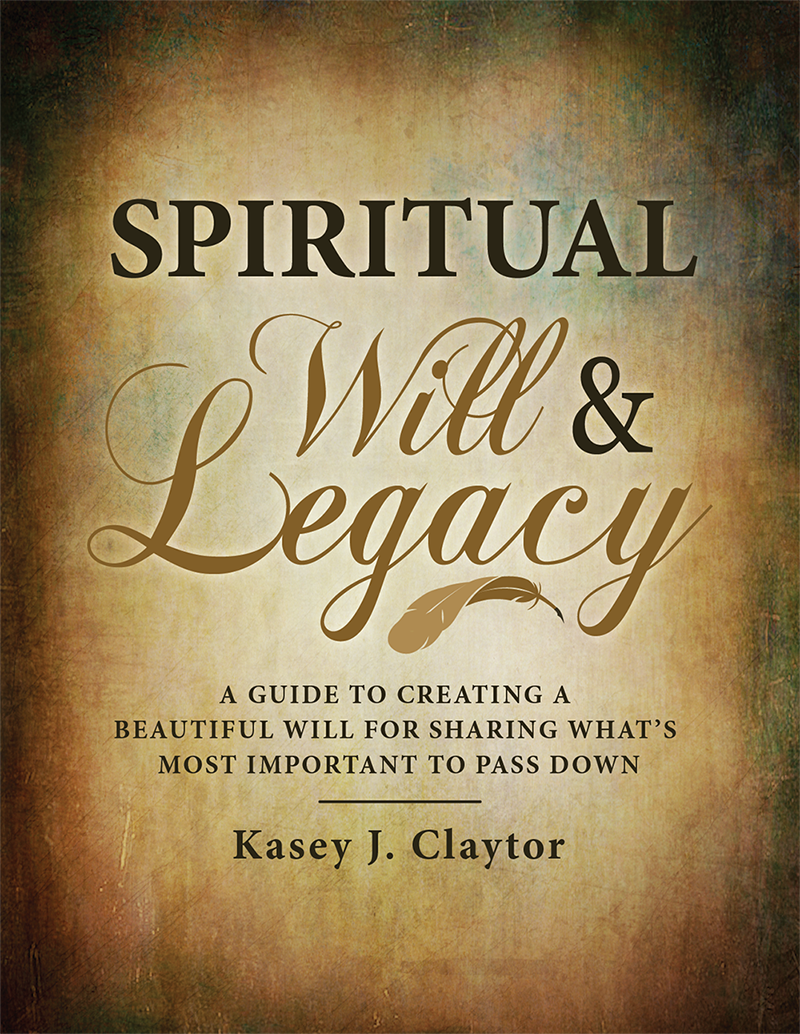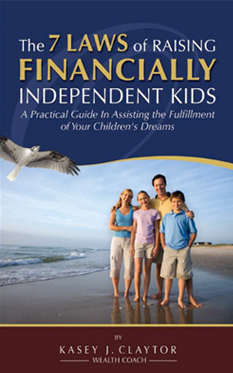3rd in a series on information from a 6-day retreat I attended in August-September

The field of chronobiology—the rhythms of the natural world and our bodies—is a growing area of research in modern medicine. Many findings so far are things we expected, like how important sleep is, why it matters that we move, get outside, and eat regularly; yet we are discovering how long-term disregard for our own circadian rhythms and those of our planet can cause low-grade inflammation, leading to heart disease, diabetes, weight gain, autoimmune disorders, IBS, and certain types of arthritis to name a few. And this new body of knowledge is affirming the intelligence of Ayurveda, the ancient system of wellbeing. Drs. Suhas Kshirsagar and Deepak Chopra believe there is enough evidence now to conclude that most people in the West are living with constant low-grade inflammation due to a combination of environment, diet, lifestyle and stress.
I have read two books by Dr. Suhas Kshirsagar. *Dr. Suhas (as we call him) is an Ayurvedic Physician whom I’ve had the benefit of hearing several times at events. He is incredibly insightful, knowledgeable, and has a great way of explaining complex topics. His newest book is entitled, Change your Schedule, Change Your Life. I strongly recommend it. He began a recent talk with this statement, “By changing this one thing you will find you lose weight, even if you don’t change another thing.”
Our bodies are intricate, multiple systems of which all are continuously attempting to reach homeostasis, that perfect balance in every way, such as body temperature, digestion, circulation of all nutrients and elements, processing information through the nervous system, detoxifying, adapting to emotions, patterns of activity, and so much more. It turns out these systems have a rhythm also. There are times of day and night that your body is more efficient at certain tasks and less efficient at others. When we stay up late, eat late, work or watch lit screens into the wee hours, we are sending mixed messages of what we want our bodies to do. We impair our circadian rhythm. There are no “night owls”, only those who have hampered this natural rhythm.
What does this have to do with weight loss? Our digestion has a schedule. As the sun rises high in midday, the digestive ability also rises. As the sun is low, or soft, around sunrise and sunset, the digestive ‘fire’ is low. Eating our largest meal at night, when our digestion is slowing, conflicts with its natural inclination to be done digesting before bedtime, when the body normally switches to detoxing and repairing.
Eating a large breakfast soon after waking, while the body is still rousing itself for the activity of the day is also taxing.
So, are you getting some idea of where I’m going with this? The one thing that is easy to change is this: when you exercise!
What time of day you move is essential, signaling to your body it is time to rev up and prepare for the day.
Dr. Suhas mentions in his book a study that asked men to increase their daily intake of fat by 50% and calories by 30% for six weeks. One third of them were told not to do any special exercise, one third was asked to work out in the midmorning, after breakfast. The final group was asked to work out before eating anything in the morning. At the end of the study the non-exercisers had an average weight gain of 6 pounds on the high fat diet. Those exercising in the midmorning gained an average of 3 pounds. Those who exercised early in the morning had no weight gain! And their glucose tolerance levels stayed strong despite the high fat diets.
Try this:
Wake up with the sun or before. Allow the natural light to fill your bedroom—open your shades! And move before breakfast, telling your body you are ready for the day. Exercise at least 20 minutes with moments of strenuous exercise that causes you to breath hard enough that it would be difficult to talk. Run up and down the stairs, do rounds of yoga sun salutations, dance, just keep moving. I even incorporate making the bed into this morning ritual, continually moving.
The morning light registers to the brain in a part of the hypothalamus, the suprachiasmatic nucleus (SCN) that it is time for activity (Watch the sunrise if you can). Your metabolism begins to increase among other things. In the evening this same tissue within the brain (the size of a grain of rice) signals production of the melatonin that makes you drowsy.
More suggestions:
Eat a modest breakfast, i.e. a small bowl of fruit, or soft-boiled egg, breakfast rice (warm with butter or ghee raisins and cinnamon) etc. You want to have a good appetite for lunch, when your digestion is at its most effective, so have your largest meal of the day then. And when the sun is low and its dinner time, have a small dinner. Half a sandwich and bowl of soup is a good amount.
A friend of mine was trying to get rid of her weight gain, and no matter what she did, she couldn’t seem to lose those extra pounds. She switched her exercise to before breakfast, changing nothing else, and lost 4 pounds the first week!
Just changing the movement in the morning is an excellent beginning. Let me know how it goes!!!!
We’ll tackle insomnia is the next installment.
* Dr. Suhas G. Kshirsagar, BAMS, MD (Ayu. India)
His book on Amazon, Change you Schedule, Change your Life: How to Harness the Power of Clock Genes to Lose Weight, Optimize Your Workout, and Finally Get a Good Night’s Sleep.
One of the most academically accomplished Ayurvedic Physicians in the US
Excellent Clinician who has treated more than 15000 clients successfully
Lead faculty at several Ayurvedic institutions, worldwide
Lead Formulator of Zrii & NutriiVeda
Ayurvedic Consultant, Faculty: Chopra Center for Well being
Research Consultant for numerous Ayurvedic Nutraceuticals
